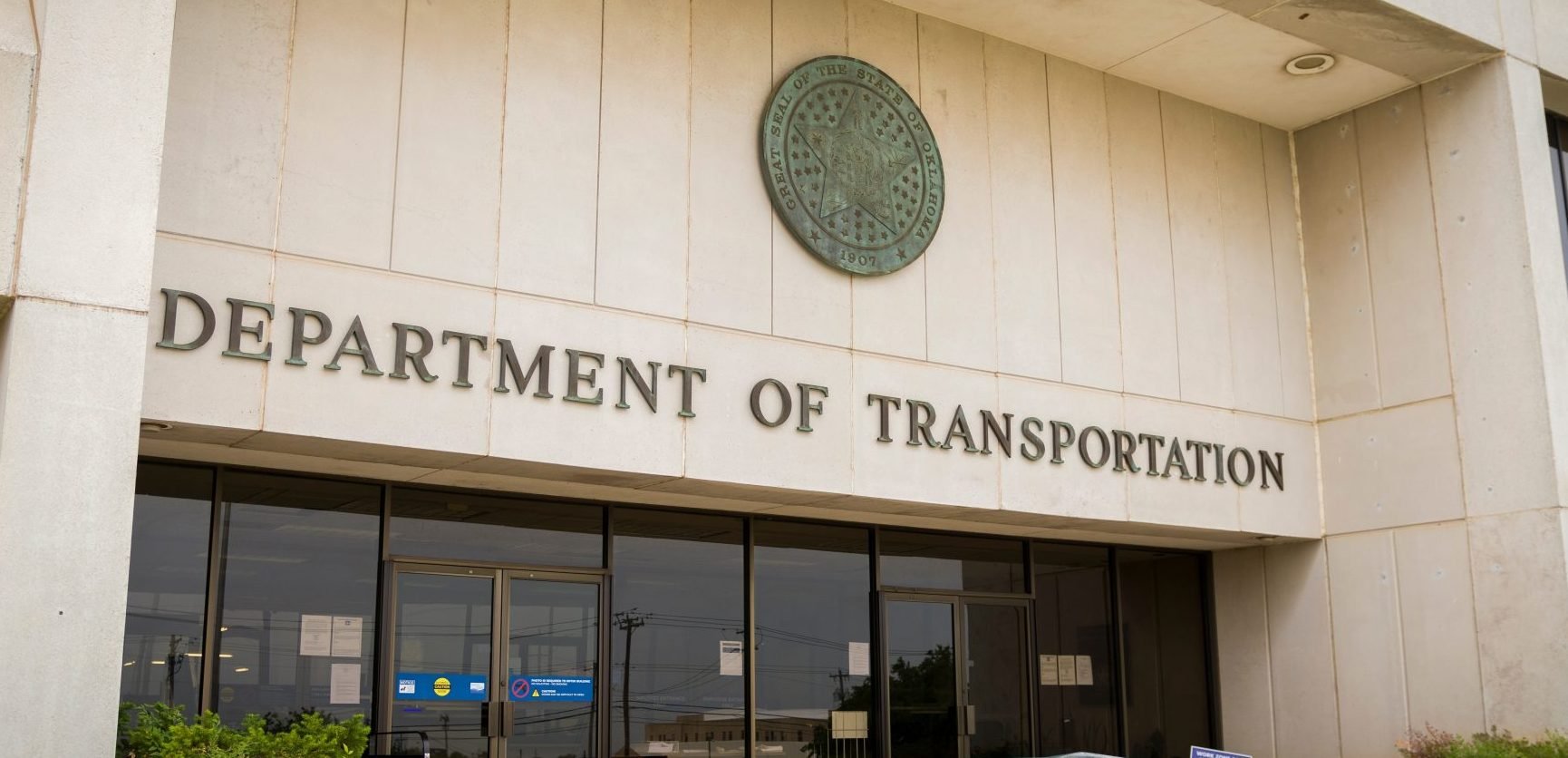The Department of Transportation (DOT) announced an immediate shift away from observances that celebrate diversity, effectively ending recognition of cultural and identity-based events such as Pride Month, Black History Month, and Martin Luther King Jr. Day. The directive, issued by former U.S. Representative Sean Duffy, who now leads the department, aligns with the broader agenda of the Trump administration to eliminate what it deems “woke” policies from federal agencies.
Duffy, a former Wisconsin congressman and reality TV star known for his stint on The Real World: Boston, revealed the decision on X (formerly Twitter) on Saturday. “Effective immediately, the Department of Transportation will no longer participate in celebrations based on immutable traits or any other identity-based observances,” Duffy wrote, asserting that these events were “distractions” that do little to advance the core mission of the department.
“From now on, everyday of every month we celebrate transportation, beautiful infrastructure, and safety,” Duffy added, emphasizing a renewed focus on the department’s primary responsibilities, including air traffic safety, train operations, and the security of U.S. ports and highways.
The move marks a continuation of the Trump administration’s push to roll back diversity initiatives in federal agencies. Earlier directives had already led to the elimination of cultural observances related to Juneteenth, Holocaust Remembrance Days, and other heritage celebrations. The recent decision by the DOT fits into the larger effort by Duffy and others in the Trump administration to dismantle what they view as excessive “woke” policies.
A Pushback Against DEI Initiatives and Climate Change Policies
Duffy’s action is part of a broader initiative aimed at reversing policies put in place during the Biden administration. In a memo titled “Woke Rescission,” Duffy instructed department staff to identify and eliminate any Biden-era policies, programs, or practices that promote what he termed “wokeism.” This included Diversity, Equity, and Inclusion (DEI) initiatives, racial equity programs, and gender identity policies, which Duffy described as “partisan” and disconnected from the department’s goals.
The memo also targeted climate-related policies, including initiatives addressing environmental justice. One such policy rollback includes rescinding a rule from the Biden administration that required state transportation departments to establish targets for reducing carbon dioxide emissions on federally funded highways. Transportation is one of the largest contributors to greenhouse gas emissions in the U.S., responsible for about 28% of total emissions.
Former Secretary of Transportation Pete Buttigieg, who led the department under the Biden administration, had made efforts to align transportation policies with climate change goals, advocating for a reduction in carbon emissions from the sector. In 2022, Buttigieg emphasized that addressing climate change would require the transportation sector to play an active role, saying, “If we care about climate change, we have to make transportation part of the solution.”
However, Duffy’s recent directive has rolled back these climate-conscious measures, signaling a stark contrast in approach between the two administrations. While Buttigieg and the Biden administration focused on integrating sustainability into transportation, Duffy’s policies move away from environmental targets, instead emphasizing more traditional infrastructure goals.
Political Agendas and Policy Shifts
Duffy’s memo also included several other controversial directives that reflect broader political goals. Among them was an order to give “preference to communities with marriage and birth rates higher than the national average,” a policy that critics have argued could disproportionately affect marginalized groups. Additionally, the memo calls for a prohibition on DOT support to recipients who impose vaccine and mask mandates and mandates local compliance with federal immigration enforcement policies.
These elements of the memo have raised questions about whether the Department of Transportation is using its authority to further the administration’s political agenda, beyond the scope of its transportation-related responsibilities. Critics argue that such policies could undermine the department’s core mission and interfere with its ability to carry out its duties effectively.
The directive also aligns with broader efforts by the Trump administration to prioritize certain social and political values over more traditional policy goals. Critics contend that, by focusing on identity politics and pushing partisan objectives, Duffy is undermining the department’s role in ensuring safe, efficient, and sustainable transportation infrastructure.
The Broader Debate on “Wokeism” in Government
The move to halt diversity observances and target “woke” policies is part of an ongoing ideological battle within the U.S. government, with Trump’s allies seeking to curb what they describe as an overemphasis on progressive social issues. The term “wokeism” has become a flashpoint in American politics, often used by conservatives to critique what they see as left-wing overreach in policy-making.
Supporters of these policy changes argue that government agencies should focus exclusively on their core missions, free from political or social agendas. They argue that programs promoting diversity and inclusion are unnecessary distractions that could undermine public trust in government agencies.
However, critics warn that these policies may disproportionately harm marginalized communities, particularly LGBTQ+ individuals and people of color, by removing vital support systems that promote equity and inclusion. By eliminating these observances, they argue, the Trump administration is signaling a retreat from efforts to address systemic inequality and social justice.
As Duffy and the Trump administration move forward with their agenda, many are questioning how these shifts will impact the future of federal policy, particularly in areas that intersect with social justice, climate change, and inclusivity. With tensions already high over issues of race, gender, and climate, the fallout from these changes is likely to spark continued debate and resistance across the political spectrum.
The coming months will likely reveal the full impact of these policy shifts, as the transportation department and other agencies implement the Trump administration’s directive to “defend” against what they view as divisive or unproductive policies. The long-term consequences of these changes, particularly for marginalized communities, remain to be seen.

He Photographed Naked Straight Men—And Changed Queer History Forever by Rainbow Media
The provocative art of physique photographer Dave Martin.
Read on Substack